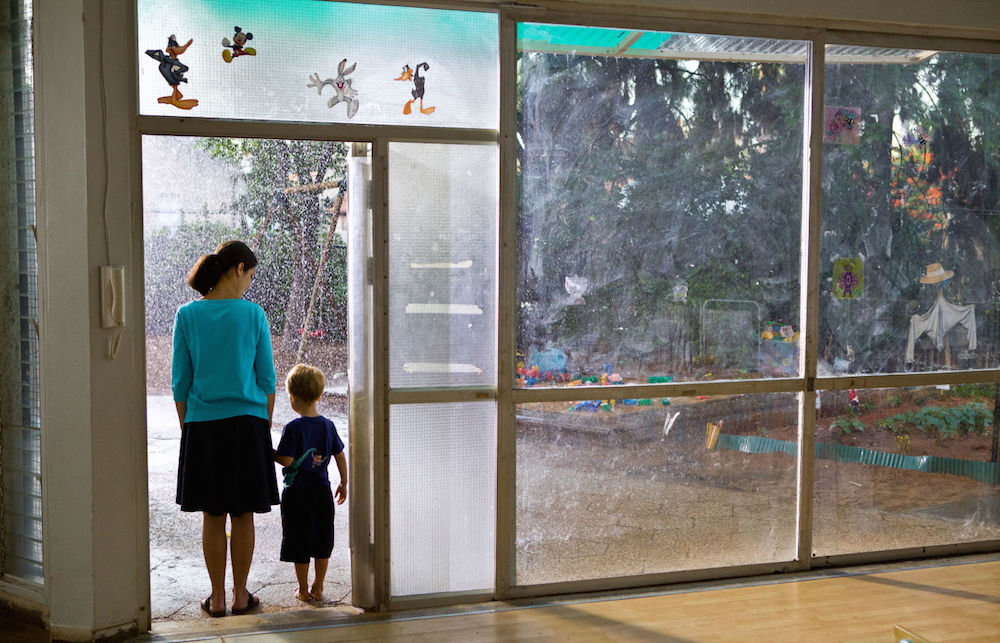How To Help Younger Aged Kindergartners Succeed
Parents with younger kids starting kindergarten worry how they will fare, but with a little encouragement, they can succeed just as well.

Age cutoffs for kindergarten can be stressful for parents. Based on the month a child is born they may be starting kindergarten at 5 years old or when they are 6. While some older children may seem more prepared for structured learning, younger students who fit in the age criteria to start kindergarten can learn just as well, they just need more support and understanding.
Younger kindergartners have had less time to develop and learn. This means that their maturity level may be lower than their older peers in kindergarten, but it does not mean they are unable to grow and benefit from learning opportunities. They just need more guidance.
In order to properly educate children for kindergarten, parents can provide a few of their own lessons as well as work with teachers to ensure that progress benefits the individual needs of the child. At home, parents can engage their child in more conversation and offer their own learning opportunities. Hands-on experiences often better engage young children so singing learning songs, reading together, and offering craft opportunities help to provide more support.
It is also important for parents to be positive and talk about learning with a fun attitude. As young kids entering kindergarten settle into class they will have to get used to new routines and find familiarity in experiences they’ve never had. It takes an adjustment period which can be eased with comfort from mothers and fathers, as well as encouragement. If a child doesn’t want to go to class or is struggling with group activities, parents can reassure them that school is a fun place to learn and that children will always have mom and dad ready to greet them at home afterward. If parents learn that their kindergartner is struggling to keep up in class or having issues focusing, parents should talk to them about it without making the child feel bad. Positive reinforcements for good behavior and displaying understanding is much more helpful to students.
Tracking children’s progress and setting realistic goals are also methods that help parents aid young ones in kindergarten through their school experiences. Knowing how their child compares to other students can be helpful, but it is more important for families to understand their child’s individual needs and support them by discussing certain concerns or areas of interest with teachers in order to work with the school to ensure that their child is able to not only enjoy going to class, but also have fun learning. In addition, remembering that kindergarten is just one step in a child’s education career that isn’t even required by every state puts things into perspective. Children don’t do well under pressure, so instead of overtly worrying about their academic progress, focusing on supporting them and promoting healthy fun learning activities will lead to more success.

It’s natural for parents to worry about their children. When young students enter kindergarten, mothers and fathers have plenty of hopes and concerns, but focusing on the child and understanding that they are experiencing swift changes just by going to school will help families better support their little student. By setting realistic goals, tracking progress, working with teachers, and having a positive attitude as they offer their own learning opportunities at home, parents can lead their children to enjoy learning and grow at the pace that best suits them.



